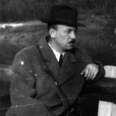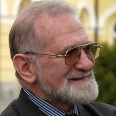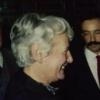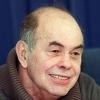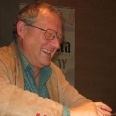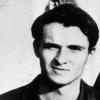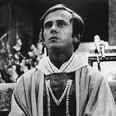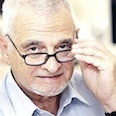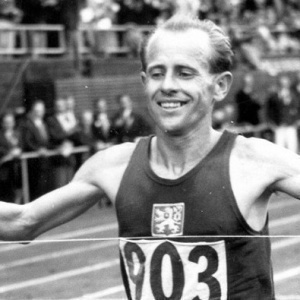Sergei Adamovich Kovalyov was one of the leading human rights fighters in the Soviet Union and Russia. Recalling his friend who died in Moscow on 8 August 2021, historian Adam Michnik, editor of the main Polish newspaper "Gazeta Wyborcia", wrote: "Sergei, together with Andrei Sakharov, was the symbol of the best values of humanism and freedom in our time, and also the most beautiful face of the Russian spirit. He was an uncompromising critic of nationalisms and dictatorships, which he saw as contemporary variants of Bolshevism and fascism".
Kovalyov was born in 1931 in Seredyna-Buda (Ukraine), the son of a railway employee. As he put it in his autobiography published in German Der Flug des weißen Raben: von Sibirien nach Tschetschenien (The flight of the white crow: from Siberia to Chechnya, Rowohlt 1997) his rejection of Soviet ideology and forms of social life in the USSR was formed in childhood. For this, he abandoned early on the idea of becoming a humanist (a lawyer or a historian) and choosing the career of scientist that seemed politically less dangerous. In 1954 he graduated in Biology from Moscow University, where he earned a PhD in biophysics in 1964. From 1965 to 1969 he was head of the Department of Interfacolty Laboratory of Mathematical Methods in Biology. He was the author of more than 60 scientific publications, especially in the field of myocardial tissue electrophysiology.
He was one of the strongest opponents of the First Chechen War (1994-1996), which he spoke about on radio and television. In 1996, he resigned from the presidency of the Human Rights Commission of the then Russian President Boris Yeltsin, after publishing an open letter accusing him of authoritarianism. In 2010 he was among the signatories of the online campaign for the collection of signatures "Putin resign": "Despotism as a management model is the goal, the ideal, of this cynical, poorly built and hopeless power structure. Such an ideal is not new to the leaders of contemporary Russia, who come directly from the KGB. They simply converted to the occupations they were practising under the Soviet regime. However the biggest problem in Russia is not this but that there is still no civil society that can play the role of the landlord. This is why we have the leaders we deserve: aggressive, arrogant but also incapable and weak". Indomitable critic and opponent of Putin’s oligarchic policy, like his journalist friend Anna Politkovskaya, who was murdered for dealing with the horrors of the war in Chechnya, Kovalyov boldly placed respect for human rights at the heart of any political organization: "Russia has never been where it is now. In a gross way one could say that it is going back to the Soviet period, but times have changed, you cannot recreate the Gulag or the state censorship.
"So the methods change, but the basic idea remains the same. (...) The Soviet concept of power, which Putin is reconstructing, is that of the State as a value in itself, almost a metaphysical concept" (interview by Silvia Pochettino on "Avvenire", 10/10/2006). In his book, The Pragmatics of Political Idealism (1999), Kovalyov argued: "I see only one way out, incredibly difficult but without bloodshed, of our tragic situation: to force those in power to an open dialogue with the opposition that is just being formed (and which unfortunately is still fragmented and ineffective). The alternatives to this fantastic possibility are unpredictable and even more tremendous: fascist revolts, chaos, and fierce totalitarianism".
The Polish journalist (correspondent from Moscow from 1997 to 2015) Wacław Radziwinowicz recalled that, at the end of the first Moscow screening, at Dom-Kino, of the film Katyn (2007), of the Polish director Andrzej Wajda on the massacre of Polish prisoners officers by the Soviet Security Forces, during World War II, the Russian public remained silent, shocked. Then the cry of Sergei Kovalyov was heard: "Poliaki, prostitie nas!" (Polish forgive us!).



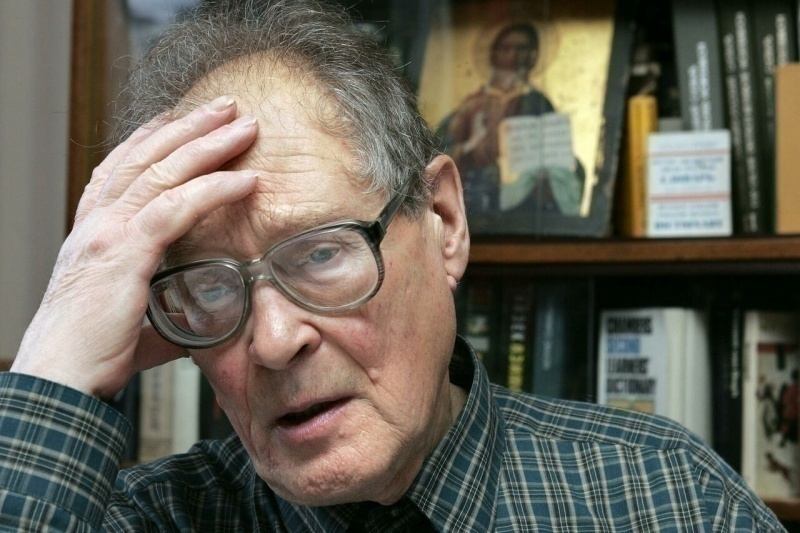





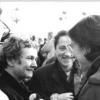
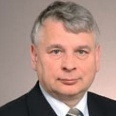





.jpg)

